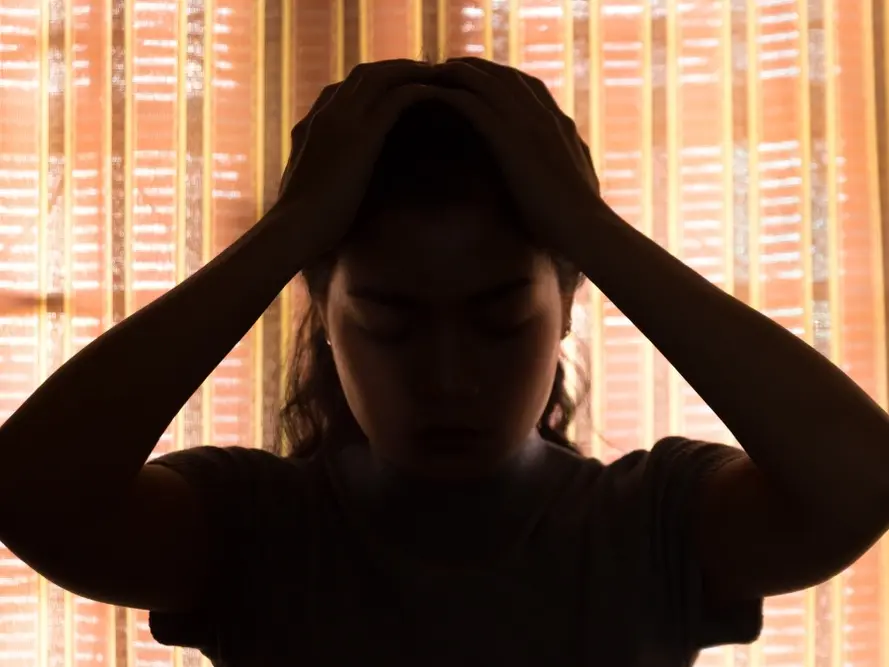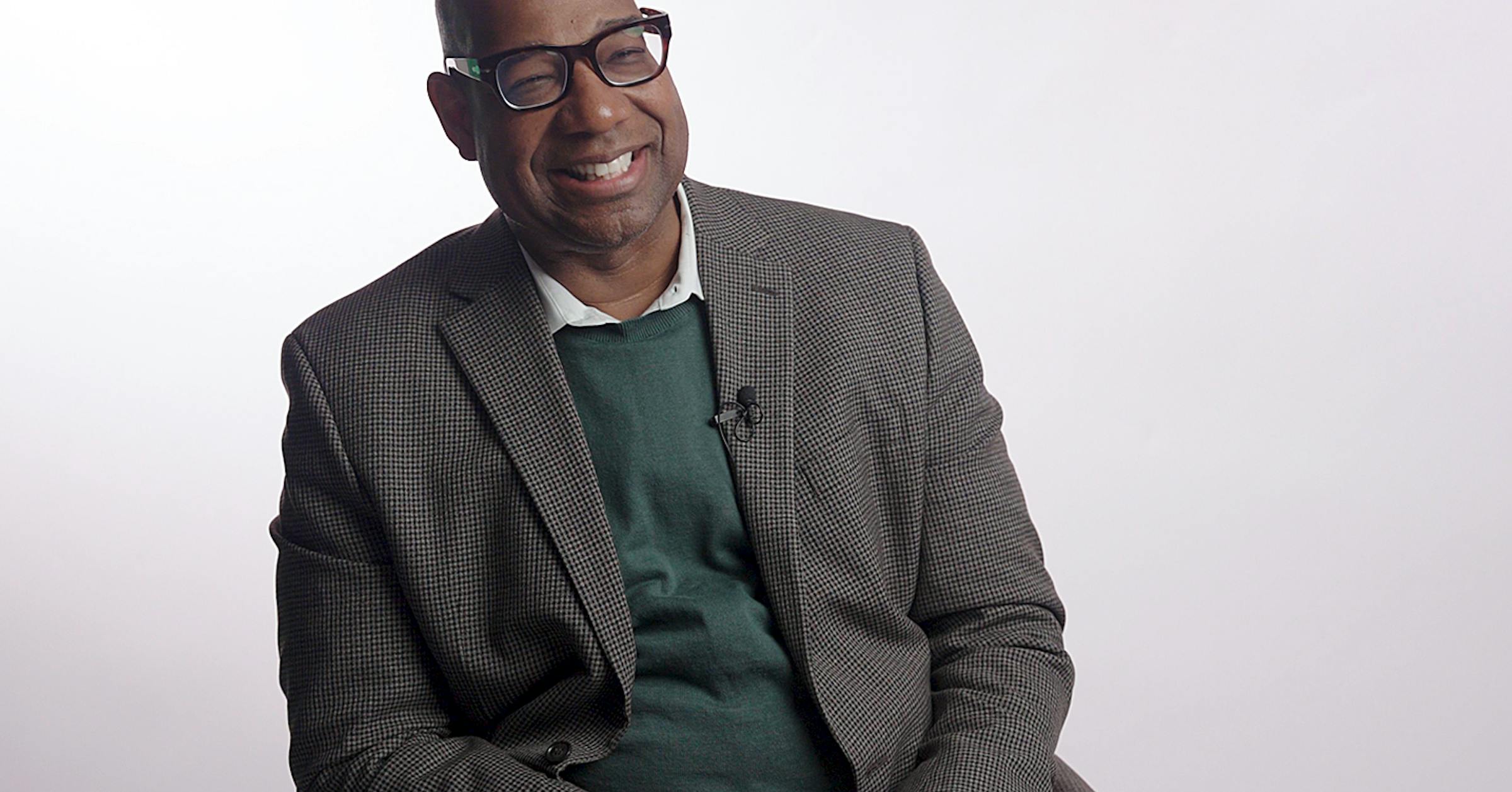Copyright mirror

Nearly a quarter of men would never consider professional help for their mental health, even if they were struggling. A poll of 2,000 UK adults found that while four in ten have given therapy or counselling a go, a fifth remain still firmly against giving it a go. Of those reluctant to try it, 13% feel they should deal with their problems on their own, while 11% don’t believe therapy would help them. Of those who have been to therapy at one time or another, 21% tried it but then stopped, with 11% reluctant to go back because they don’t believe therapy is meant for men. In addition, the poll found one in 10 simply don’t feel comfortable talking about their feelings. Richard Whitenstall, a BACP qualified therapist from BetterHelp , which commissioned the research, said: “Stigmas around mental health remain deep-rooted, especially among men, where asking for help is often seen as a sign of weakness. “New research shows many men give therapy just ‘one shot’ – if the first attempt doesn’t help, they often stop seeking support altogether. That’s why it’s so important to make the first experience as positive and accessible as possible.” The study also found 19% of those who have tried counselling admitted they’d be unlikely to share this fact with their friends. With men being six times more likely than women to think their friends would make fun of them for having therapy. Encouragingly, half of the men polled who have been to therapy feel they are likely to try it again, with a growing openness towards online therapy. Interestingly, men are twice as likely as women to be open to video therapy. But of those who didn’t continue with their sessions, 12% blamed this on a previous negative experience with two in 10 suggesting the professional supporting them didn’t really understand their experiences. What's more, a quarter admitted they were put off as they felt really nervous before their sessions. Richard Whitenstall added: “It’s understandable that previous experiences can affect someone’s willingness to seek professional help again. “But it’s worth knowing that there are many different types of help available, as one size most certainly does not fit all. “Online therapy can offer a softer entry point, so for men hesitant about traditional therapy, this can feel less intimidating and more accessible.”



